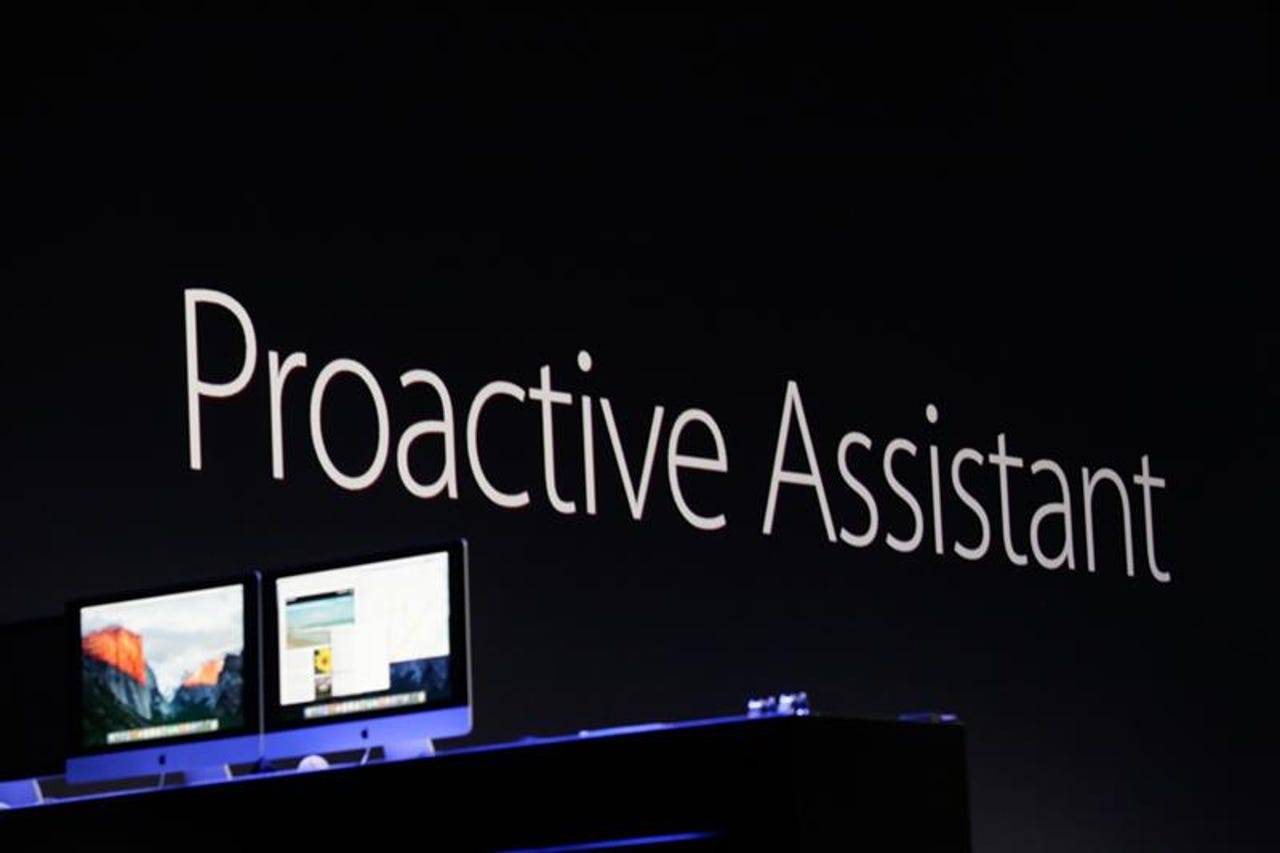Apple's iOS, Android enter service pack phase as maturity sets in


Apple this week debuted iOS 9 at its Worldwide Developers Conference and the emphasis was on stability, improvements and catch-up features (like multitasking on the iPad) that will matter to customers.
WWDC 201
Now if you rewind to Google I/O at the end of May the emphasis was on a lot of stability improvements. Things like battery life, easier notifications, app permissions and a bevy of small things comprised the overarching theme for Android.
Sure, there was a heavy dose of machine learning, Google Now improvements and Google Photos, but Android didn't take many big swings.
And neither did Apple beyond the launch of Watch OS and machine learning with a privacy twist.
My conclusion: The two largest mobile platforms on the planet have reached what I'll call the "service pack" era. Last year, both Android and iOS received new interfaces. With those improvements came a lot of quirks. Those quirks needed to be fixed.
Simply put, it's a good thing for corporate IT if iOS and Android become a wee bit boring.
In the world of Windows, it's common knowledge in the enterprise that you don't rush out for the latest release and that it's best to wait for the first service pack, which inevitably fixes all the stuff that wasn't quite right at launch. Service pack eras arrive when a platform has reached maturity.
Android and iOS are becoming similar and it's hard to ignore that the two platforms rhyme. The mobile operating systems have matured in lockstep in recent years.
Hands-on with Apple iOS 9 (in pictures)
At Google I/O, the Android M slide told the tale.
None of those improvements will stun the world.
For Apple iOS, it was the following:
- Multitasking;
- Dedicated battery settings;
- Improved Spotlight search;
- A smarter and proactive Siri;
- Photo search queries;
- Six digit passcodes;
- And public transit maps.
Those iOS features aren't going to fuel a hardware upgrade cycle beyond the iPad, which will only enjoy the new multitasking on the latest Apple tablet. Windows and Samsung tablets have offered multitasking for years.
Google I/O 2015: How Google is trying to simplify Android
JMP Securities analyst Alex Gauna said:
iOS 9 strikes us as an evolutionary improvement from iOS 8, with arguably the most noteworthy enhancement being the ability for iOS enabled devices to multi-task and simultaneously use two applications side by side one another. This closes a gap that iOS has suffered relative to other operating systems, and should make Apple mobile devices more useful in enterprise and productivity environs.
Calling iOS 9 evolutionary was a common refrain among analysts. Android M could also be called evolutionary. Mature platforms rarely start revolutions.